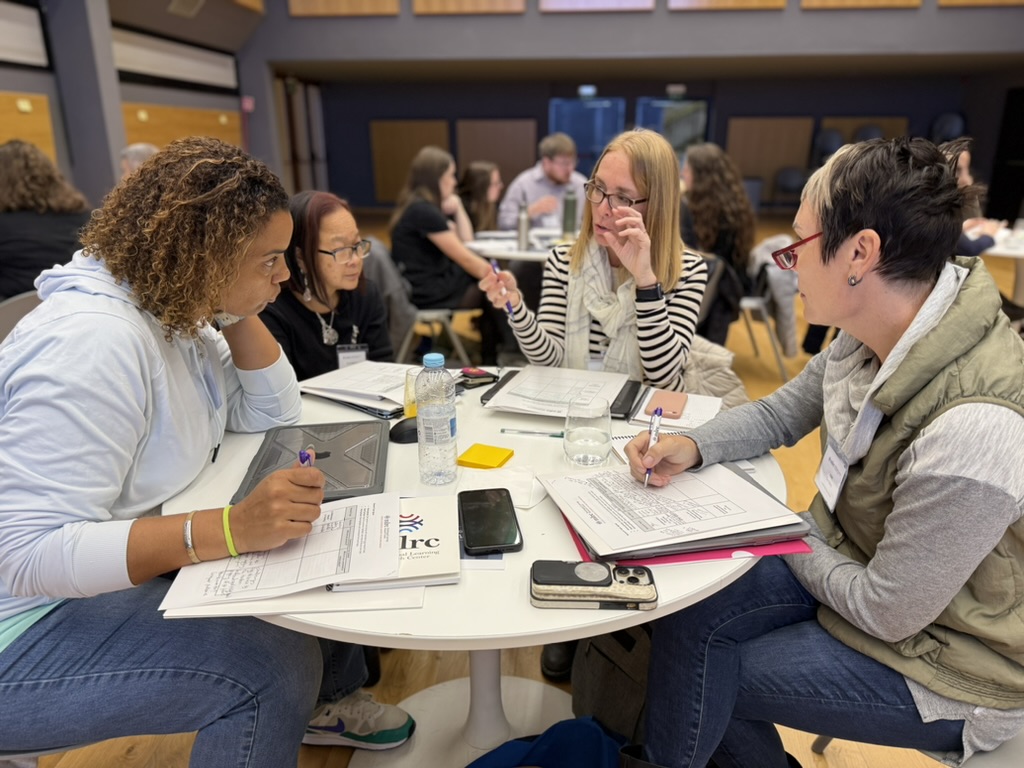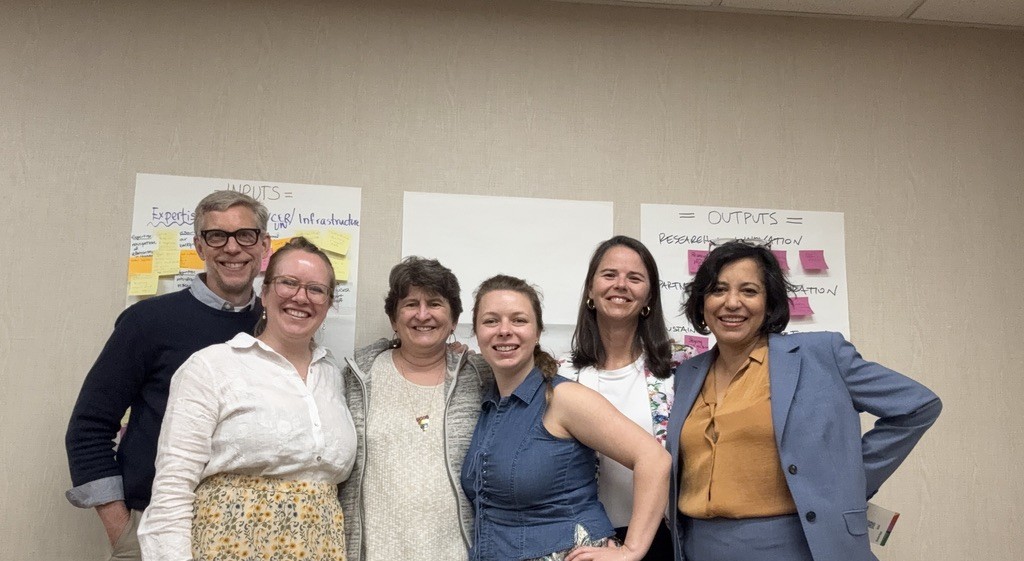In January of this year, I had the distinct pleasure of joining the leadership team at the Multilingual Learning Research Center (MLRC). I joined a dynamic team of researchers who are deeply engaged in research-practice partnerships across international schools and in researching teaching and learning for multilingual learners. In joining the MLRC team, I bring an interest in understanding how educational systems (at all levels) can better support and enrich learning experiences for multilingual learners. We are excited about making a meaningful, collective impact with our complementary research skills and content interests.

Little did I know that I would embark on this new chapter just as immigrants and multilingual students, their families and their communities would be the focus of unprecedented harassment, and educational research as a field would experience huge upheavals. These challenges have only deepened my commitment to using whatever skills I have in research to highlight the experiences, achievements and ongoing needs of multilingual learners.

The MLRC team has been very busy these last few months, and I’m working hard to keep up. The School Network hosted two Research Symposia that brought together teachers from international schools to embark on action research projects (and registration for 2025-2026 is already happening); the teachers returned to their home schools and are finishing up some fascinating work around translanguaging, collaboration, and meeting the needs of diverse multilingual learners. Other colleagues are in the data collection phase of their studies focused on pre-service teachers’ skills in eliciting student thinking. The team has also updated the website (check it out!) and presented at multiple conferences. We also just finished our first annual Speaker Series and are planning for the second series in September.
In addition to learning about and contributing to the existing work at the MLRC, I’m continuing work that I’ve been engaged in over the last 20 years that connects with the MLRC mission. This includes working with districts to review their programming and services and developing tools to help district leaders make decisions based on the results. I’m also continuing to research the experiences and needs of MLs with disabilities, especially on understanding the diversity of students and student experience within that large umbrella term.
Some of the areas in which we hope to deepen our research include:
- Investigating the intersection of language learning and disability identification:
- When are MLs most likely to be identified with a disability?
- What ELD and SPED services do MLs with disabilities receive?
- What are achievement patterns among MLs with disabilities?
- Exploring student perspectives on literacy, including digital and translanguaging literacies
- How do ML youth describe their literacy experiences across languages and digital platforms?
- Supporting districts to improve outcomes for MLs
- How do district teams implement self-study groups to improve teaching and learning for MLs?
- What changes result from self-study groups? How do teams measure the changes and their impact?
And I’m excited to be part of ongoing MLRC research focused on teaching and learning, including:
- The use of translanguaging in ML literacy instruction
- The use of generative AI to support teaching for MLs
- Mixed reality simulations to prepare science teachers to work with MLs
At the MLRC, we love our work with practitioners and our collaborations with researchers in the service of multilingual learners. Want to know more? Check out our website or reach out to us at mlrc@wcer.wisc.edu. We’d love to hear from you!





